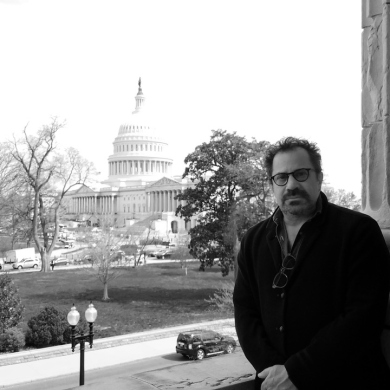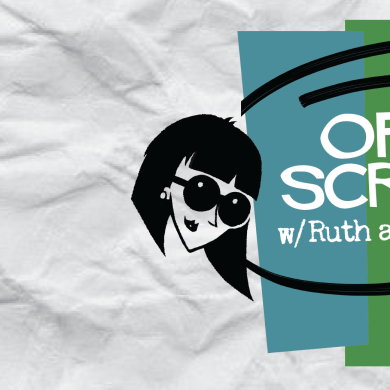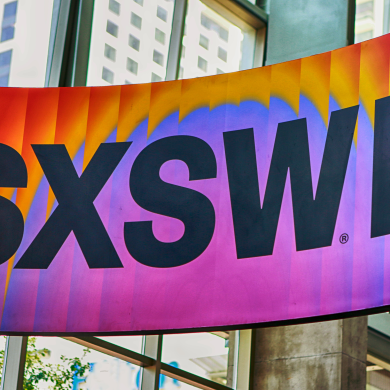By Justin Sanders
Throughout their relatively brief yet terrible reigns, both Facebook and Google have compiled enough scandals to fell most companies many times over. And yet, following both companies’ most recent earnings reports, their stocks only continue to rise.
This is disheartening, frustrating, enraging, and terrifying. What does it say about us as a society that we keep rewarding internet giants that have proven time and again to have virtually no regard for our collective well-being? It can feel pretty hopeless, but there are glimmers of hope cracking through their seemingly impenetrable armor.
The U.S. government is finally ramping up the pressure, opening antitrust investigations into the biggest technology companies, and dishing out fines left and right. The FTC penalized Facebook an unprecedented $5 BILLION over privacy breaches – but, in a clear sign of just how much people fear Facebook’s power to harm, many experts have complained it’s not enough. One group, the Electronic Privacy Information Center (EPIC), has even filed a motion to block the settlement on the grounds that it “fails to ensure consumer privacy”.
A new era of platform scrutiny is upon us, and though we’re still a long way from true #PlatformAccountability, we get a little bit closer every day. Here are 13 more reasons why it can’t come soon enough, culled from across the spectrum of political, cultural, and sociological discourse.

1. Because deception and corruption have come to rule the day on our biggest internet platforms.
“The internet was supposed to not only democratize information but also rationalize it—to create markets where impartial metrics would automatically surface the truest ideas and best products, at a vast and incorruptible scale. But deception and corruption, as we’ve all seen by now, scale pretty fantastically too.”
– Wired
2. Because human dignity and universal rights are what should be ruling the day.
“Instead of aspiring, unrealistically, to make [platforms] value-neutral meeting places—worldwide coffee shops, streaming town squares—we could see them as forums analogous to the United Nations: arenas for discussion and negotiation that have also committed to agreed-upon principles of human dignity and universal rights.”
– The New Yorker
3. Because how can we expect dignity when these platforms are letting this happen?
“For the six months after he was hired, Speagle would moderate 100 to 200 posts a day. He watched people throw puppies into a raging river, and put lit fireworks in dogs’ mouths. He watched people mutilate the genitals of a live mouse, and chop off a cat’s face with a hatchet. He watched videos of people playing with human fetuses, and says he learned that they are allowed on Facebook ‘as long as the skin is translucent.’ He found that he could no longer sleep for more than two or three hours a night. He would frequently wake up in a cold sweat, crying.”
– The Verge
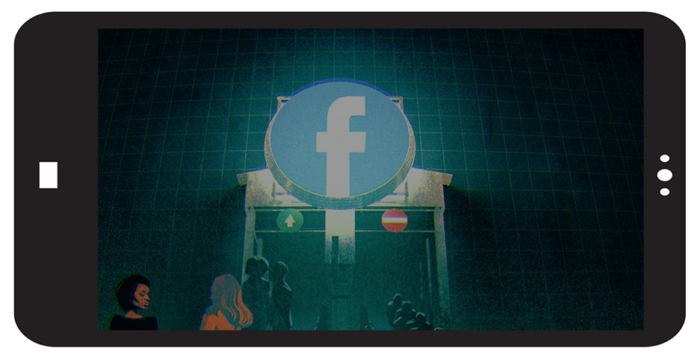
4. Because this guy literally penned YouTube’s community guidelines – and he’s not impressed.
“Bulls**t is infinitely more difficult to combat than it is to spread. YouTube should have course-corrected a long time ago.”
– Micah Schaffer, technology adviser who wrote YouTube’s first community guidelines
5. Because the old internet rules don’t apply anymore.
“The rules governing the internet made sense in the dot-com era. They don’t anymore.”
– Margaret O’Mara, author of The Code: Silicon Valley and the Remaking of America
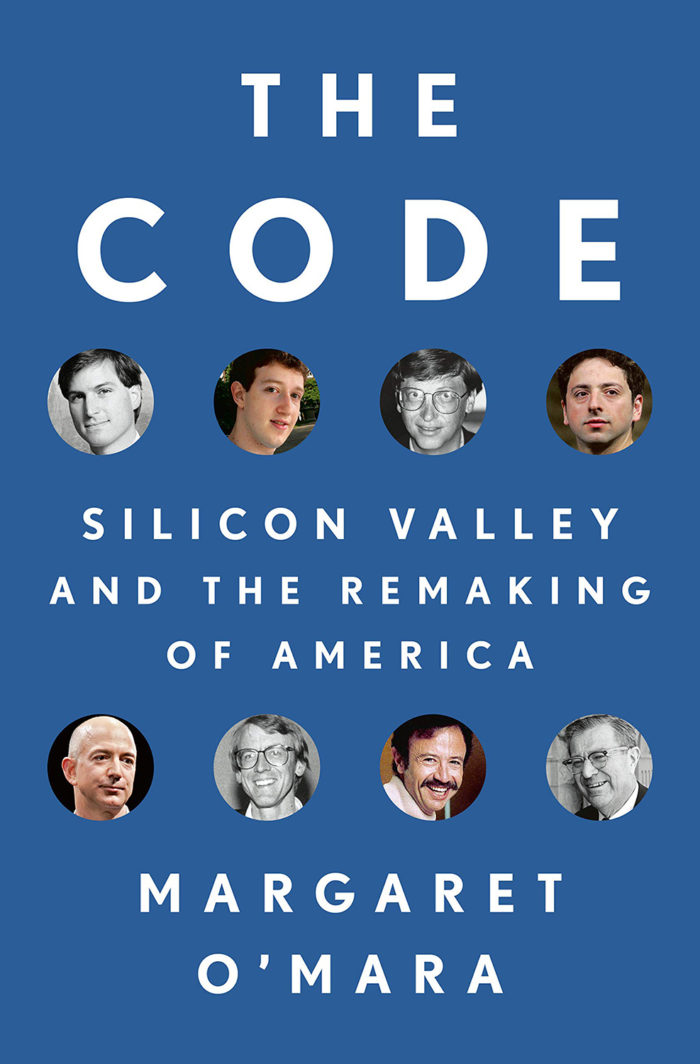
6. Because the time for platform self-regulation has passed.
“Zuckerberg’s announcement that he plans to alter Facebook to focus on groups – and also launch a cryptocurrency – are downright alarming. There’s no reason to believe these changes will make user data any more secure. After all, Facebook hasn’t changed its fundamental business model. But the changes will make it harder for authorities and civil society groups to track and counter illegal activity on the platform. Groups are already the epicenter of black-market activity on Facebook. The firm’s continued negligence in the moderation of criminal content makes clear that the time for self-regulation has passed.”
– Alliance to Counter Crime Online
7. Because the agency that is supposed to be regulating platforms is terrifyingly overmatched.
“The [FTC] has a budget of $300 million a year and around 1,100 full-time staffers, 40 of whom are dedicated to privacy enforcement. That’s dwarfed by Facebook’s resources: The company is worth a half-trillion dollars and has nearly 30 employees for every one of the FTC’s.”
– Politico
8. Because even a $5 billion privacy settlement with the FTC can’t fix Facebook’s problems:
“It doesn’t fix the incentives causing these repeat privacy abuses. It doesn’t stop [Facebook] from engaging in surveillance or integrating platforms. There are no restrictions on data harvesting tactics — just paperwork… Mark Zuckerberg, Sheryl Sandberg, and other executives get blanket immunity for their role in the violations. This is wrong and sets a terrible precedent. The law doesn’t give them a special exemption.”
– Rohit Chopra, FTC Commissioner
9. Because if you’re so big that $5 billion is just a tap on the wrist, then something needs to change.
“The terrible message sent by this tap on the wrist is that enforcement of privacy protections is a hollow paper tiger in our nation… It has to be structural and behavioral and not just monetary, and this amount of money is way too low.”
– Senator Richard Blumenthal (D-Connecticut)

10. Because we live in a surveillance state, owned and operated by Google.
“Seen from the inside, [Google’s] Chrome browser looks a lot like surveillance software. My tests of Chrome vs. Firefox unearthed a personal data caper of absurd proportions. In a week of Web surfing on my desktop, I discovered 11,189 requests for tracker “cookies” that Chrome would have ushered right onto my computer but were automatically blocked by Firefox. These little files are the hooks that data firms, including Google itself, use to follow what websites you visit so they can build profiles of your interests, income and personality. Chrome welcomed trackers even at websites you would think would be private.”
– Geoffrey A. Fowler, Washington Post technology columnist
11. Because Facebook’s proposed cryptocurrency, Libra, is anti-democratic.
“A permissionless currency system based on a consensus of large private actors across open protocols sounds nice, but it’s not democracy. Today, American bank regulators and central bankers are hired and fired by publicly elected leaders. Libra payments regulators would be hired and fired by a self-selected council of corporations. There are ways to characterize such a system, but democratic is not one of them.”
– Matt Stoller, fellow at Open Markets
12. Because they’re still finding novel new ways to put our children in danger.
“Hi [PARENT],
We found a technical error that allowed [CHILD]’s friend [FRIEND] to create a group chat with [CHILD] and one or more of [FRIEND]’s parent-approved friends. We want you to know that we’ve turned off this group chat and are making sure that group chats like this won’t be allowed in the future. If you have questions about Messenger Kids and online safety, please visit our Help Center and Messenger Kids parental controls. We’d also appreciate your feedback.”
– Facebook user alert about Messenger Kids, where a design flaw let thousands of children join chats with unauthorized users
13. Because it’s time to take the matches out of the toddler’s hands.
“Now Facebook may not intend to be dangerous, but surely they don’t respect the power of the technologies they’re playing with… Like a toddler who has gotten his hands on a book of matches, Facebook has burned down the house over and over and called every arson a learning experience.”
– Senator Sherrod Brown (D-Ohio), at a House Judiciary Committee antitrust hearing
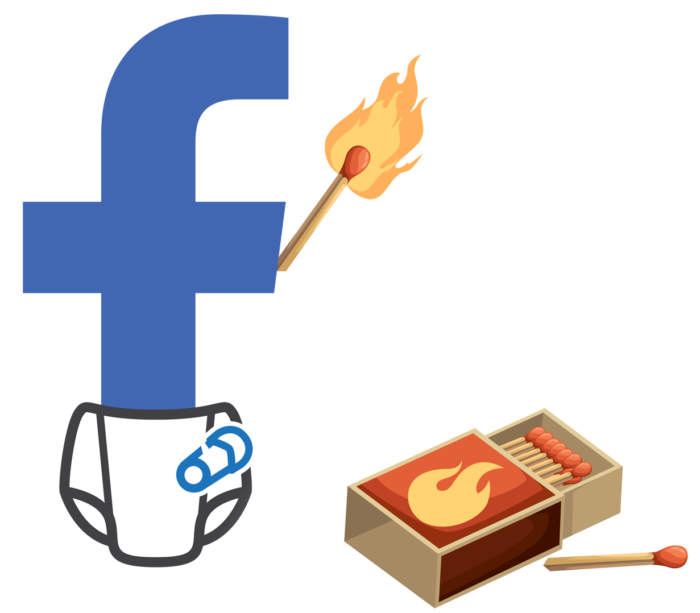
It is this last quote from Senator Brown that stings most of all – not because he compares Facebook’s childish recklessness to a toddler (that association was already readily apparent), but because he reminds us that one of the world’s most powerful internet companies operates from a place of disrespect.
Brown’s claim that “they don’t respect the power of the technologies they’re playing with” doesn’t only apply to Facebook, but to Google, as well. Both companies disrespect the power their technologies wield, and they disrespect the people who use them.
They disrespect creatives – and the creative works that get relentlessly pirated across their platforms. They disrespect children – and the families that must cope with the online harms that befall them. They disrespect regulators – by fighting to preserve their dominance at every turn. And, they disrespect the moderators they hire to endure unfathomable horrors for poverty-level wages.
But, what else should we have expected from their business model that treats every human being as little more than a data point to be monetized? Why should we be surprised when Facebook’s early, unofficial motto was “Move fast and break things”? How was it not obvious to EVERYONE, after Google literally removed its “Don’t Be Evil” slogan from its code of conduct, that in both attitude and action, these companies have never shown anything but a carefully glossed-over disdain for their users?
They have never respected us – any of us – and until #PlatformAccountability truly becomes a reality, they never will.

